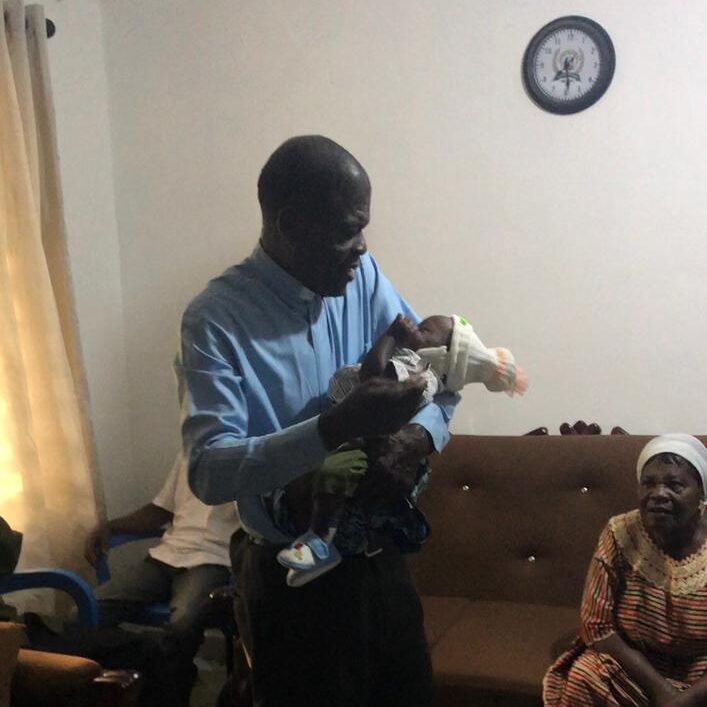
Have you ever wondered how magnificent it is that everything in this world has a name? Naming ceremonies are a vital part of African cultures. From the beginning of time, it’s believed that greater powers existed long before the creation of man, and these gods or entities held names that served not only as an identification but also as a demonstration of authority and rank. The Bible depicts God as the original namer, calling forth light, animals, and the first humans, Adam and Eve. Names were seen as more than just labels, they were thought to shape a person’s character and destiny. Let us explore the magic behind names and why cultures worldwide hold naming ceremonies!
Names are believed to have both physical and spiritual effects on the individual, so caution should be exercised, as the name given to a child can influence their behavior and destiny.
In ancient African tradition, the birth of a child was either a time of celebration or of lamentation. It was from these events that names were chosen. Names like Benjamin, meaning “son of my sorrow,” and Antobam were inspired by painful or unfortunate circumstances. Meanwhile, children born under signs of promise, peace, or divine assurance bore names like Jonathan and Afriyie.
For ancient societies, naming ceremonies were vital community events. Often held days or weeks after birth, these ceremonies emphasized the importance of carefully choosing a name with thought and significance. For example, in ancient Rome, children received their names in a purification ritual known as lustratio, performed on the eighth or ninth day after birth. During this ritual, a priest blessed the child, formally welcoming them into the community. Parents and priests believed that the child’s name connected them not only to their family but also to their society, instilling a sense of belonging from the very beginning.
THE ANCIENT CULTURE OF NAMING CEREMONIES
In many African cultures, naming ceremonies were equally significant, often involving blessings and symbolic actions like offering water and wine or dipping goat or chicken blood. The eight-day mark was common, as it was thought to give the newborn time to establish their presence in the physical world. In some traditions, this waiting period allowed the family to feel assured that the child was truly here to stay. Once the child reached this symbolic day, they were “outdoored,” or presented to family and community, marking their place in this world. The community gathered to celebrate, bestowing blessings for health, truthfulness, and wisdom. Each name carried a prayer, a wish, or a story, making these ceremonies moments of immense joy.
Over time, naming ceremonies evolved but retained their profound meaning. In Ghana, for example, names are often chosen based on the day of birth, creating a link to time itself. A child born on a Monday might be named Kojo or Adwoa, depending on gender. This tradition connects each person to an ancestral heritage, and these names often carry additional meanings and honors. Such practices are more than superstition; they are threads of history, bonding each individual to their community and ancestors.
To name a child is indeed an incredible rite of passage that not only introduces the child to the world but also provides a special moment for family and friends to gather and celebrate. It’s a ritual that speaks to the heart of what it means to be human: to be seen, to belong, and to be remembered.
DID YOU KNOW…
- There are about a dozen people worldwide, of different backgrounds and culture that carries same names no matter how unique and rare the name is.
- The longest personal name of the Guinness world record had a total of 747 characters long and belonged to Hubert Blain Wolfeschlegelsteinhausenbergerdorff Sr.
Your biggest book lover,
Tiana Diaga.
2 thoughts on “Why Cultures Have Naming Ceremonies: 3 Fascinating Things You Must Know”